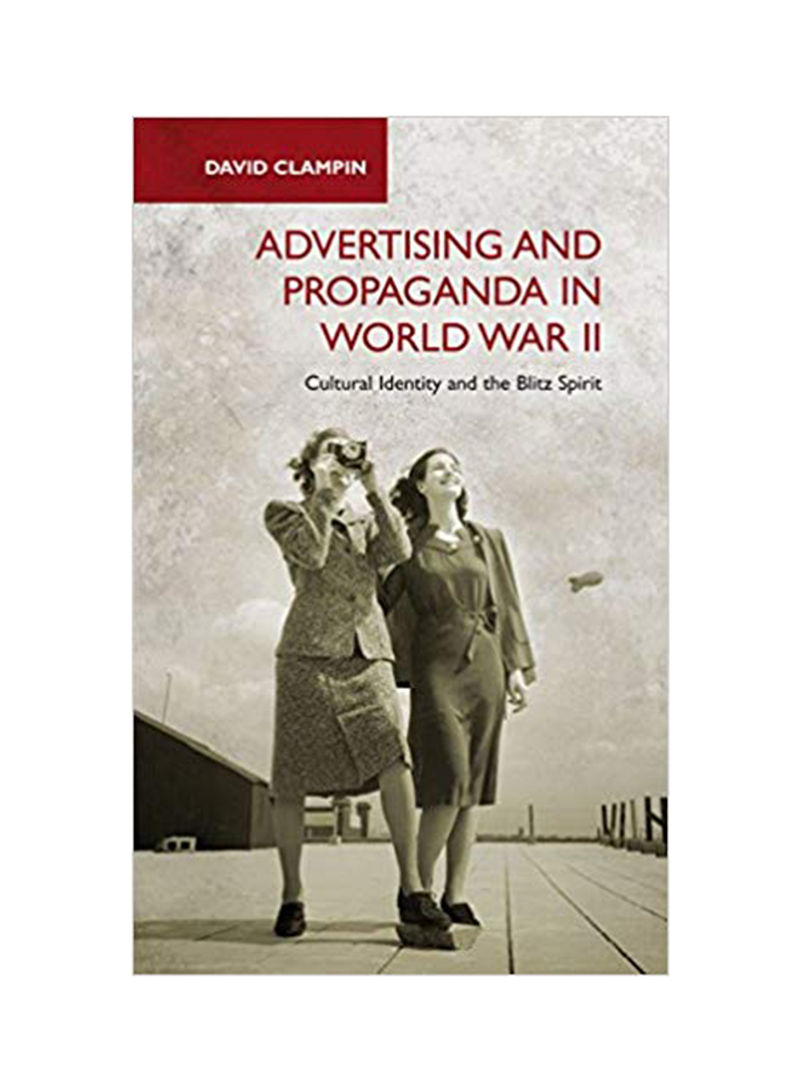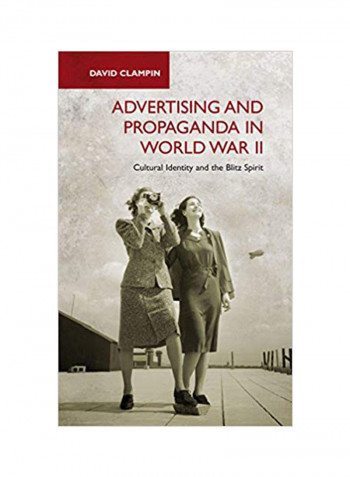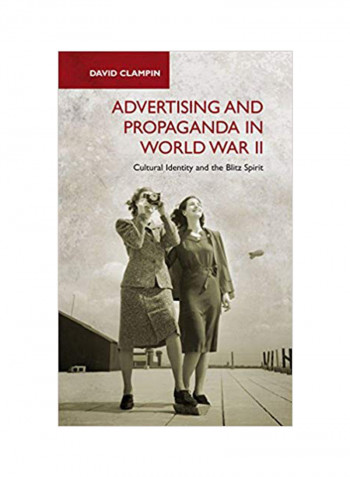Advertising And Propaganda In World War II: Cultural Identity And The Blitz Spirit Hardcover
Recommend
Sort by
Rating
Date
Specifications
Author 1
David Clampin
Book Description
The Blitz- the period of Nazi bombing campaigns on civilian Britain during World War II- was a formative period for British national identity. In this groundbreaking book, David Clampin looks at the images, campaigns and slogans which helped to form the fabled 'Blitz spirit'- powerfully echoed in Winston Churchill's speeches. Because advertisers attempted to capitalise on war-time patriotism, Clampin's unique focus on advertising provides a visually rich seam of new information on the everyday war, and makes an enormous contribution to the debate on people's experiences of war and nationalism. Using a remarkable and hitherto unseen range of primary source material-advertisements in the press, slogans and posters-this work will reshape the contested meanings of the 'Home Front', opening up cultural history discourses on gender and nationalism. Advertising and Propaganda in World War II is essential reading for historians of World War II as well as students and scholars of Media Studies and Communication Studies.
ISBN-10
1780764340
ISBN-13
9.78178E+12
Language
English
Publisher
I.B.Tauris and Co. Ltd.
Publication Date
1/29/2014
Number of Pages
304
About the Author
David Clampin is Lecturer in History at Liverpool John Moores University. He completed his PhD at the University of Wales, Aberystwyth.
Editorial Review
David Clampin's work provides a fascinating new perspective on the propaganda of daily life in Britain in the Second World War, not least in demonstrating how much of what we today consider 'wartime propaganda' was shaped, not simply by government directives and initiatives, but by the wartime consumer advertising industry. In addressing the Home Front through the mirror of commercial advertising, his book will be an important contribution to our understanding of the attitudes, opinions and aspirations of the British people at war.' Sian Nichols, Reader in Modern British History, Aberystwyth University



